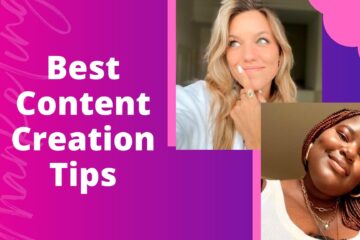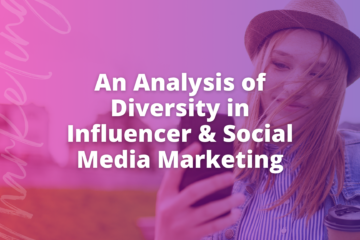
The Social Walls We Build: Thoughts on Social Media Bias

Social media is an incredible tool. Like many of you, I easily find myself swept up by the urge to incessantly scroll.
Wake up.
Roll over.
Grab my phone.
Perform a squint-eyed scroll.
It’s not an uncommon morning routine.
Social media apps are designed to light up areas of our brain that are tied to satisfaction and pleasure. The social stimuli they drive are as dopamine inducing as a wink from the captain of the football team or cheerleading squad.
I know I’m not the only one who’s posted something and then sat there with a knot of apprehensive anticipation waiting for the first nod of approval in the form of a thumbs up. It’s a gnawing neediness.
No matter what inspirational social media quotes say, there is a feeling of validation associated with getting an acceptable number of engagements. If we didn’t care about likes on our content, we would just store it all up in the cloud or on our memory drives.
Social media is a perfect model for a study of the concept of social proof.
It’s why the “Blue Check,” which used to be a feature to combat identity fraud and verify authenticity, is now a coveted badge among so many.
It’s why high school Influencers comprise a social caste slightly above the Mean Girls clique of yesteryear.
I can’t say I completely hate it. I’ve enjoyed professional benefits from being active on social media. I’ve made friends on a personal level as well. And social media provides an endless stream of learning opportunities that I’ve used to fuel my growth in specific areas.
But lately something has become glaringly obvious.
Social media often reflects societal silos.
Black Twitter is absolutely A Thing.
(Quite perplexing given that “black” is a very broad term that in no way encapsulates the rich diversity of a global diaspora, but 🤷♀️ I don’t make the rules.)
It’s just one example of the niche communities that have become an engrained feature of social media.
They offer a seemingly safe space for communication with accounts that often represent an element of the familiar in a sea of noise.
But these communities often serve as echo chambers. They can lock out new ideas and dialogue.
Most of all they tend to suppress underrepresented voices.
I spent a good deal of time building up a list of top Marketing Voices in a dedicated Twitter list to help focus my attention away from endless doomscroll. It wasn’t long before I noticed my own glaring error.
My list was a perfect reflection of a typical Best-Of-Marketing list.
Meaning that there was very little representation of Black professionals. Not to even start to consider professionals from the multitude of diverse, global communities I could and should have featured.
And in looking around, I wasn’t the only one so inclined.
List after list of “Best Marketers” displayed prominent faces that looked the same with a marked absence of anything that would indicate that the Marketing community had any sort of hand in the wave of “Black Lives Matter” messaging coming out from various brands.
And any attempt I made to wave a flag that there might be a need for reflection about the invisible walls within the social media Marketing community was rebuffed.
I get it.
It’s an uncomfortable truth that we all fall victim to a lifelong accumulation of bias and that bias can be more detrimental for some groups than others, especially when a clear-cut solution isn’t readily suggestible.
Conditional bias is a chapter in the Basic Marketing Psychology Textbook, and yet it still clearly hasn’t spared the Marketing industry from falling prey.
If you read this article looking for any sort of solution, unfortunately you’ll need to refer to minds much more seasoned than mine (and those are abundant).
The one takeaway I’m hoping to leave you with would be the existence of a need to truly reflect. To start noticing the most prevalent voices within your own echo chamber. And how that makes you feel.
Want to discuss inclusive marketing or social media bias? Add me on LinkedIn or tweet me!
You can also sign up for my newsletter and get my content (plus other insight) delivered to you weekly.


